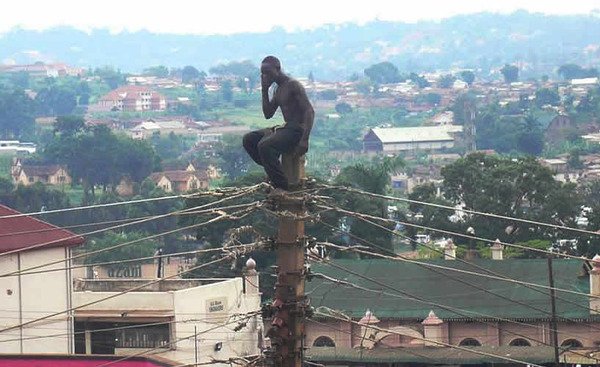 |
| Source |
When asked to evaluate their lives using the Cantril Self-Anchoring Striving Scale, those who say their main source of lighting comes from power lines rate their present lives more than 0.5 points higher on a scale from 0 to 10 than those who rely on fuel lamps or other sources. These results still hold even after statistically controlling for household income. On-grid sub-Saharan Africans also rate their future lives a full point higher than those who mainly rely on fuel lamps and more than half a point higher than those who use other sources of home lighting. ...Roughly 2/3 of Nigerians report relying on the power grid. In the median African country, less than one-fourth can even make that claim.
Virtually everyone in Mauritius, an island nation in the Indian Ocean, says their main source of lighting is a power line. Majorities in Cameroon, Ghana, South Africa [what? really? wow /sarc], Nigeria, and Zimbabwe also report relying on power lines. At the other end of the spectrum, 10% or less in Mali, Central African Republic, Niger, Burkina Faso, Chad, and Liberia say the same.
Gallup concludes:
The Gallup results suggest electricity access is a necessary pillar for the implementation of the Millennium Development Goals in the region. From improved food storage to better health, the benefits of power access are far reaching. As such, reliable and affordable power can give Africans opportunities to build prosperous economies, a key outcome of poverty alleviation across the subcontinent.In light of my students' comments, I found this poll both timely and interesting.
No comments:
Post a Comment